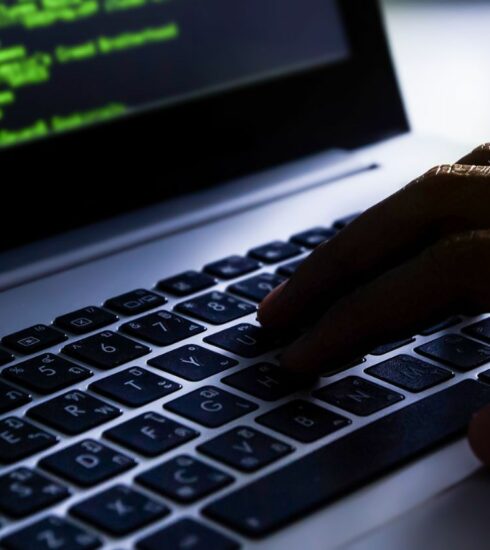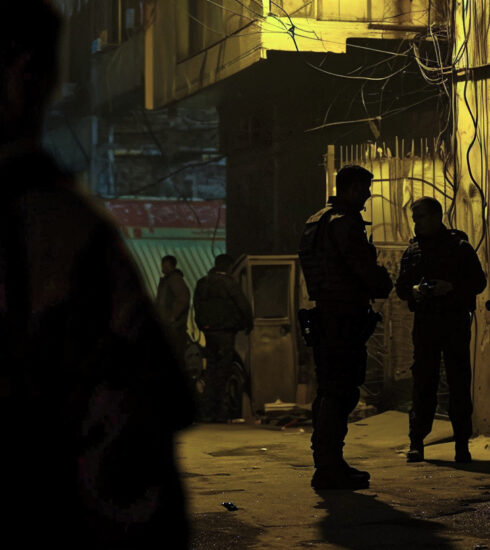CIA Crisis Management Skillset
Drawing from the disciplined and strategic approach of CIA operatives, civilians can significantly enhance their crisis management skills by adopting key practices rooted in tradecraft.
Crisis management is an indispensable skill set not only for CIA operatives in the field but also for civilians in their daily lives. The unpredictable nature of both global events and personal emergencies demands a robust capacity to respond swiftly and efficiently.
The training regimen for covert operatives emphasizes resilience, adaptability, and strategic decision-making, components that are equally valuable in civilian crisis situations. By adopting the crisis management principles utilized by these operatives, individuals can enhance their preparedness and ability to navigate through crises with confidence and composure.
The mindset integral to effective crisis management, as cultivated by CIA operatives, is characterized by a unique blend of calm under pressure, strategic foresight, and adaptability. This mental framework is not inherently about possessing a fearlessness towards danger, but rather about maintaining a level of composure and clarity that allows for rapid, informed decision-making even in the face of uncertainty.
Operatives are trained to anticipate various scenarios and mentally rehearse their responses, ensuring that when a crisis does occur, they can rely on a well-honed instinct to navigate complexities.
This mindset is underpinned by a resilience that is both psychological and emotional, enabling operatives to face challenges without succumbing to panic or indecision. Civilians adopting this mindset can transform how they approach crises, shifting from reactive to proactive, and from overwhelmed to in control.
Cultivating Mental Resilience
Operatives are trained to maintain a calm and composed demeanor regardless of the circumstances. This mental resilience is cultivated through rigorous training that simulates high-pressure scenarios, enabling operatives to develop the psychological fortitude to face real-world challenges. Civilians can foster this resilience by practicing stress management techniques, such as mindfulness meditation, controlled breathing exercises, and regular physical activity.
Building mental resilience is about preparing the mind to remain focused and clear-headed, ensuring that emotions do not cloud judgment or impede the ability to act decisively.
Rapid Situation Assessment
A cornerstone of tradecraft is the ability to quickly assess a situation, identifying potential threats, resources, and exits. This skill is honed through constant situational awareness, a state of mindful alertness to one’s surroundings. Civilians can practice situational awareness by regularly observing their environment, noting unusual behaviors or conditions, and mentally rehearsing how they would respond to various emergency scenarios.
By developing a habit of scanning for details and changes in the environment, individuals can improve their capacity to recognize and evaluate risks swiftly.

Decisive Action Planning
Once a situation is assessed, operatives must formulate a plan of action. This process involves weighing the options, considering the potential outcomes, and selecting the most effective course of action under the circumstances. Critical to this process is the principle of OODA (Observe, Orient, Decide, Act), a decision-making cycle that emphasizes speed and adaptability.
Civilians can apply the OODA loop by practicing decision-making in everyday situations, thus enhancing their ability to make quick, informed choices during a crisis.
Effective Communication and Coordination
In crisis situations, clear and concise communication is vital. Operatives are trained to convey information efficiently, ensuring that messages are understood as intended. This skill is particularly crucial in coordinating with others, whether it’s with team members during an operation or with emergency responders in a civilian context.
Civilians should practice articulating their thoughts clearly and listening actively, skills that are beneficial in both managing personal crises and assisting in broader emergency response efforts.
Continuous Learning and Adaptation
Finally, operatives understand that mastery of crisis management is an ongoing process. They engage in continuous learning, regularly updating their skills and adapting to new threats and technologies. Civilians, too, can benefit from a commitment to lifelong learning, staying informed about best practices in emergency preparedness, first aid, and self-defense.
By embracing a mindset of perpetual growth, individuals can remain adaptable and prepared for whatever challenges they may face.
The CIA crisis management skillset is built on principles that extend far beyond the clandestine world of covert operations. By adopting these practices, civilians can enhance their ability to manage emergencies with the same level of precision and composure as trained operatives.
Cultivating mental resilience, maintaining situational awareness, making decisive actions, communicating effectively, and committing to continuous learning are not only the hallmarks of an adept operative but also the traits of a well-prepared individual in any walk of life.
[INTEL : Surviving Urban Disasters: Primer Guide]
[OPTICS : New York City]







